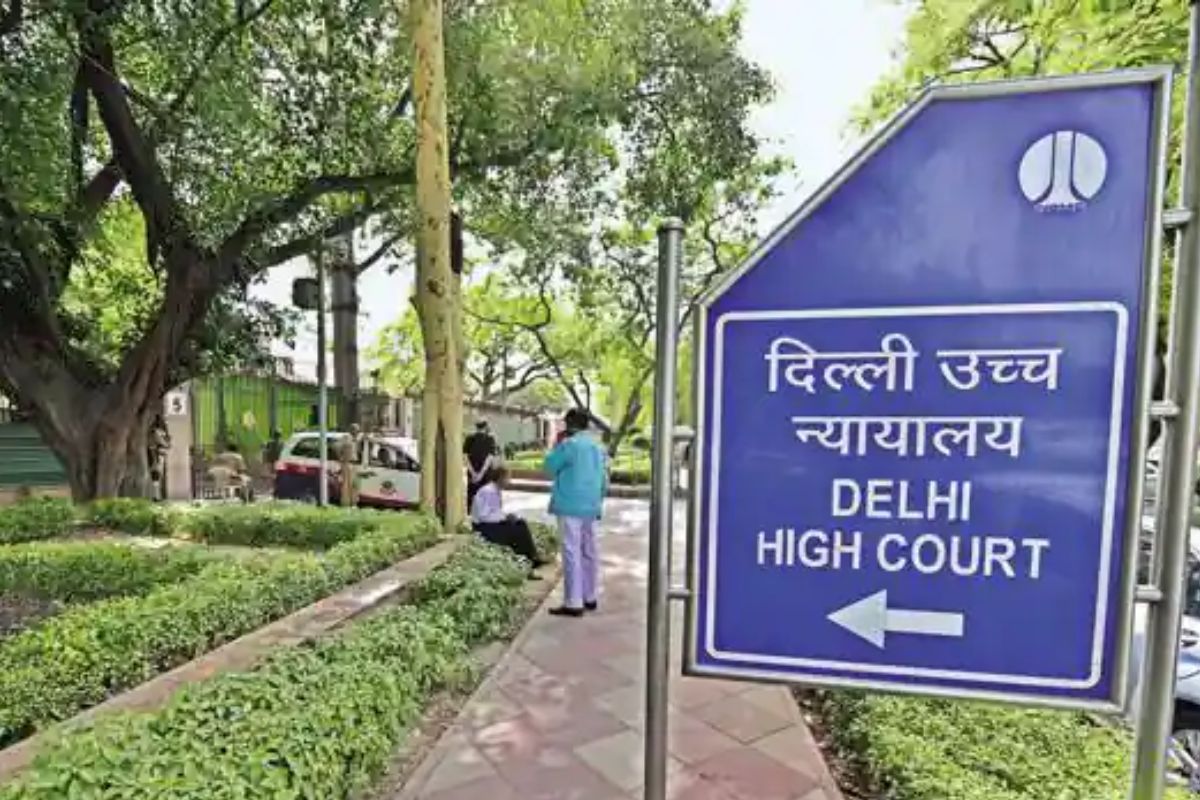Shashwati Chowdhury
Published on: July 13, 2022 at 19:40 IST
In response to a public interest litigation (PIL) petition, challenging the constitutional validity of the Court Fees (Delhi Amendment) Act, 2010 [Amendment Act] by which the Court Fees Act, 1870 was amended in its applicability to the National Capital Territory of Delhi, the Delhi High Court gave notice to the Central and Delhi governments.
The Court was dealing with a PIL brought by Attorney Parveen Kumar Aggarwal that challenged the insertion of Section 16A of the Court Fee Act in the 2010 amendment.
The amendment effectively states that in situations where the parties settle their disputes on their own or with the Court’s intervention, only half of the court fee would be refunded.
On September 8, 2022, the case was posted for further consideration by a Division Bench consisting of Chief Justice Satish Chandra Sharma and Justice Subramonium Prasad. The Bench sought responses in this regard from the Department of Law, Justice & Legislative Affairs and the Ministry of Law & Justice.
The Court Fees Act, 1870, which is a Central legislation, was assailed Section 16A of the Act as unconstitutional by attorneys Abhishek Grover, Kajal Subodh Gupta, and Kunal Sharma on the grounds that Article 239AA of the Constitution does not empower the Delhi Legislative Assembly to amend it.
According to the argument, the National Capital is still a Union Territory despite the introduction of Article 239AA of the Constitution, which provides for the constitution of a Legislative Assembly for Delhi. Therefore, when it comes to having the power to pass legislation for Delhi, parliament continues to be in control.
Therefore, Schedule VII of the Constitution’s subject-wise separation of power into Union, State, and Concurrent Lists has no consequence on Delhi.
The plea said that, “Such differential treatment between two similarly situated persons would constitute a violation of Article 14 of the Constitution of India and is, therefore, unconstitutional.”

